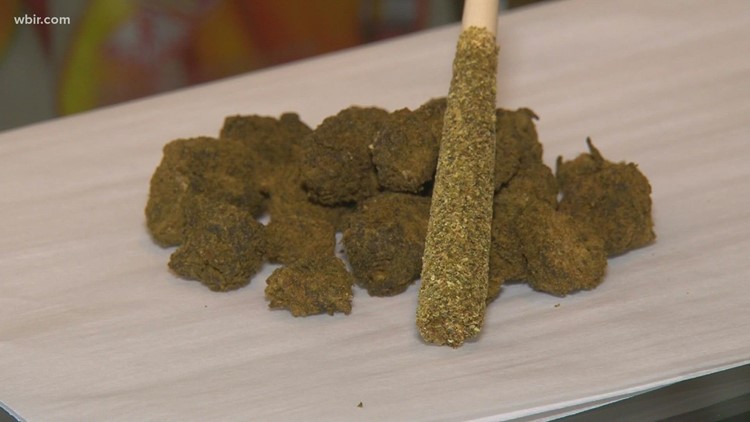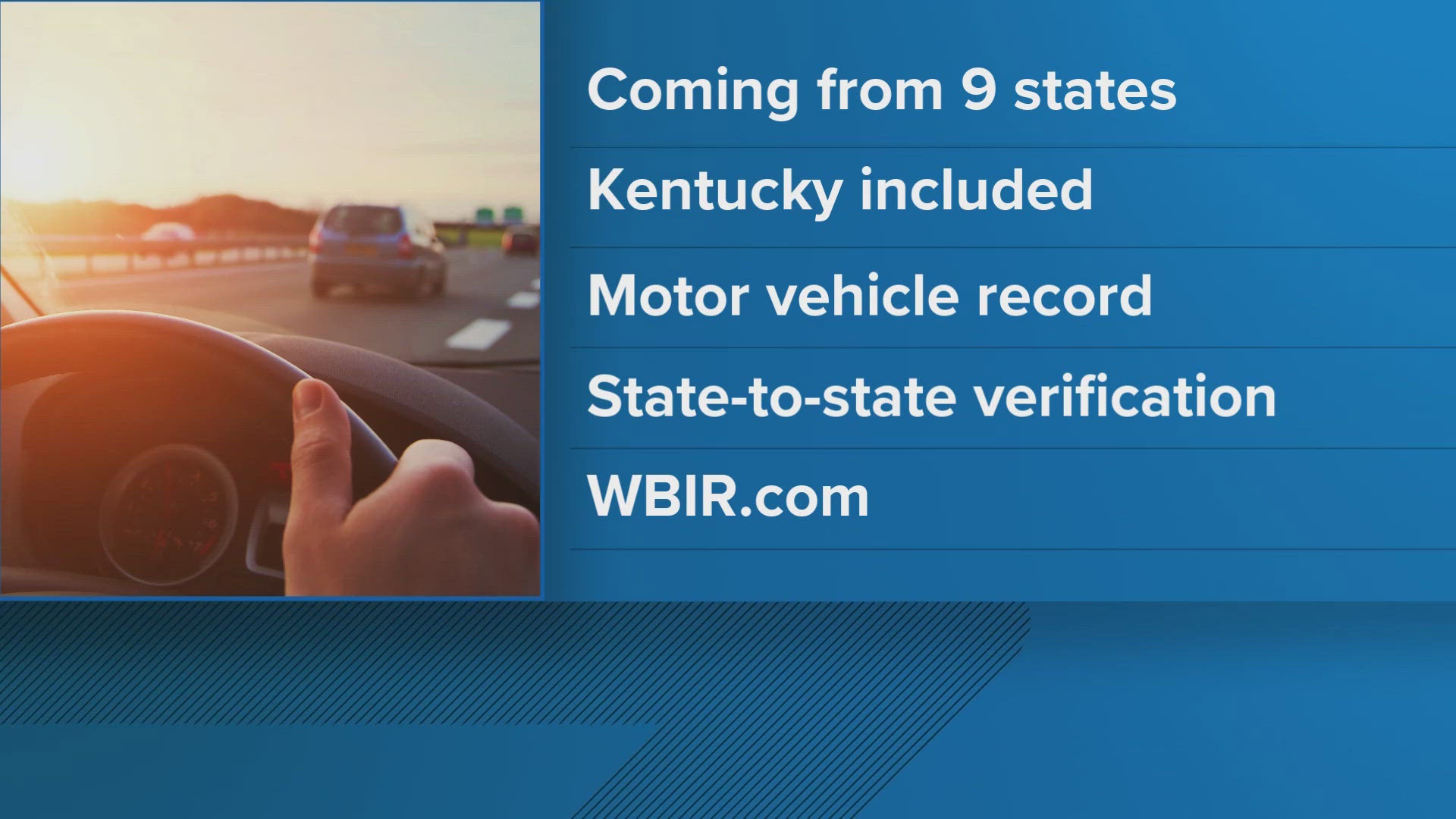NASHVILLE, Tenn. — Tennessee Attorney General Johnathan Skrmetti joined 20 other state AGs on Wednesday in asking the federal government to address the "vagueness" behind the 2018 Farm Bill as it is set to be renewed.
The law legalized hemp across the nation. However, in a letter to the House Committee on Agriculture chairman and multiple committee members, 21 state attorneys general argued that "bad actors" exploited the bill's definition of hemp and hemp derivatives.
The letter comes as the original 2018 bill is set to expire and become reauthorized every five years.
"Regardless of your Committees’ intentions, the reality is that this law has unleashed on our states a flood of products that are nothing less than a more potent form of cannabis, often in candy form that is made attractive to youth and children—with staggering levels of potency, no regulation, no oversight, and a limited capability for our offices to rein them in," the letter states.
The letter claimed that, because of the bill's ambiguity, a $28 billion "gray market" has been created, forcing "cannabis-equivalent" products into state economies regardless of if marijuana is legal in those states.
The letter argues that the bill's 0.3% THC limit, which separates hemp from marijuana, doesn't adequately "distinguish the potential for intoxication."
"Many states now face poisonings from poorly manufactured products, products with misleading labels, and consumption by individuals who are under the age of twenty-one. As hemp-based THC-infused products increase in popularity, particularly edibles, illicit suppliers have begun co-opting legitimate brand names and packaging to sell candy, snacks, and cereal that are intoxicating and confusing to consumers. These copycat hemp products place children at exceptional risk," the letter said.
The letter asked the committee to clarify that there are no "federal hemp intoxicants loopholes" and that members of Congress don't intend to limit states in their regulations or restrictions of cannabinoids or any other hemp derivatives that could be deemed intoxicating.
"The promise of the 2018 Farm Bill to create this agricultural commodity market, however, has failed. Instead, hemp-derived intoxicants have proliferated across our states, posing a significant threat to public health and safety, and benefiting unregulated, untaxed, and unaccountable market actors," the letter said.
In Tennessee, SB0378 was passed in 2023 with the intention of more strictly regulating the hemp industry. The bill mandated child-resistant packaging, made it illegal for anyone under 21 years old to buy, and banned packaging that would appeal primarily to younger people.
The bill also gave the regulatory authority to the Tennessee Department of Agriculture, which recently proposed rules that would impact the sale of THCA—a cannabinoid that when heated becomes delta-9 THC.
In 2023, the Tennessee Poison Center said it saw a "huge increase" in calls about delta-8 and children.



